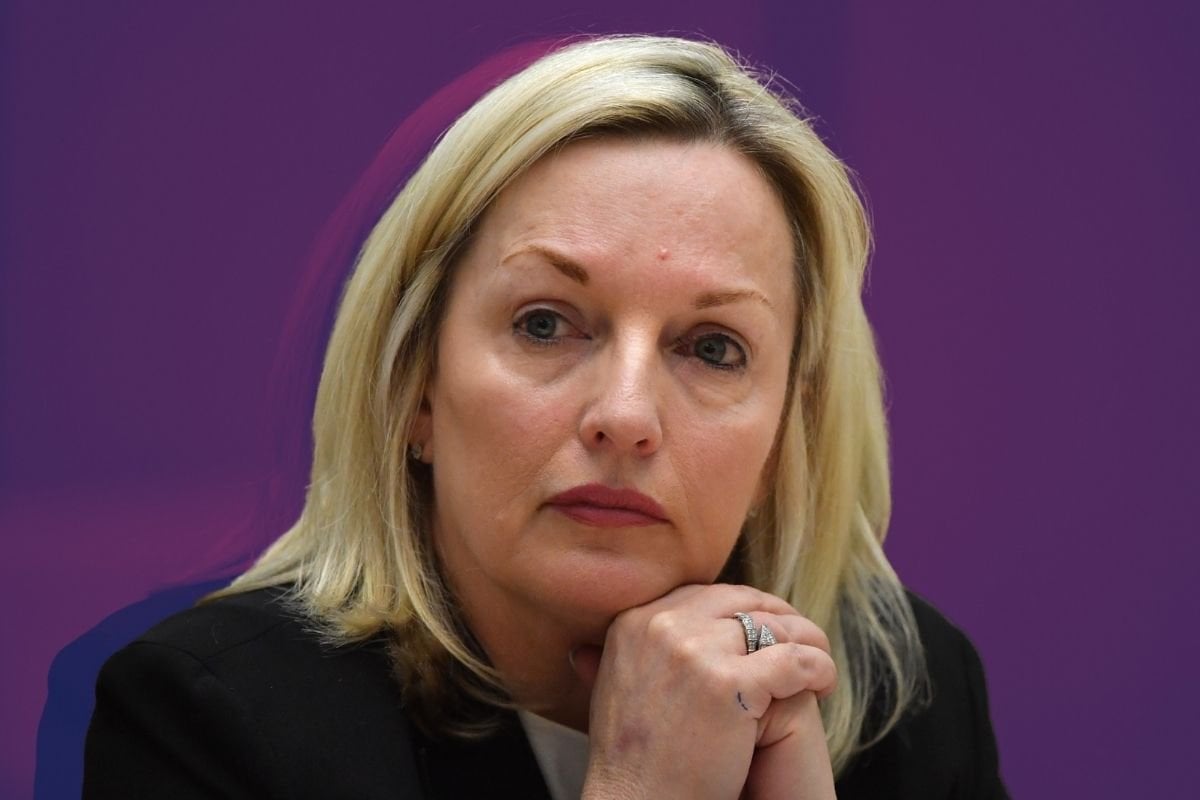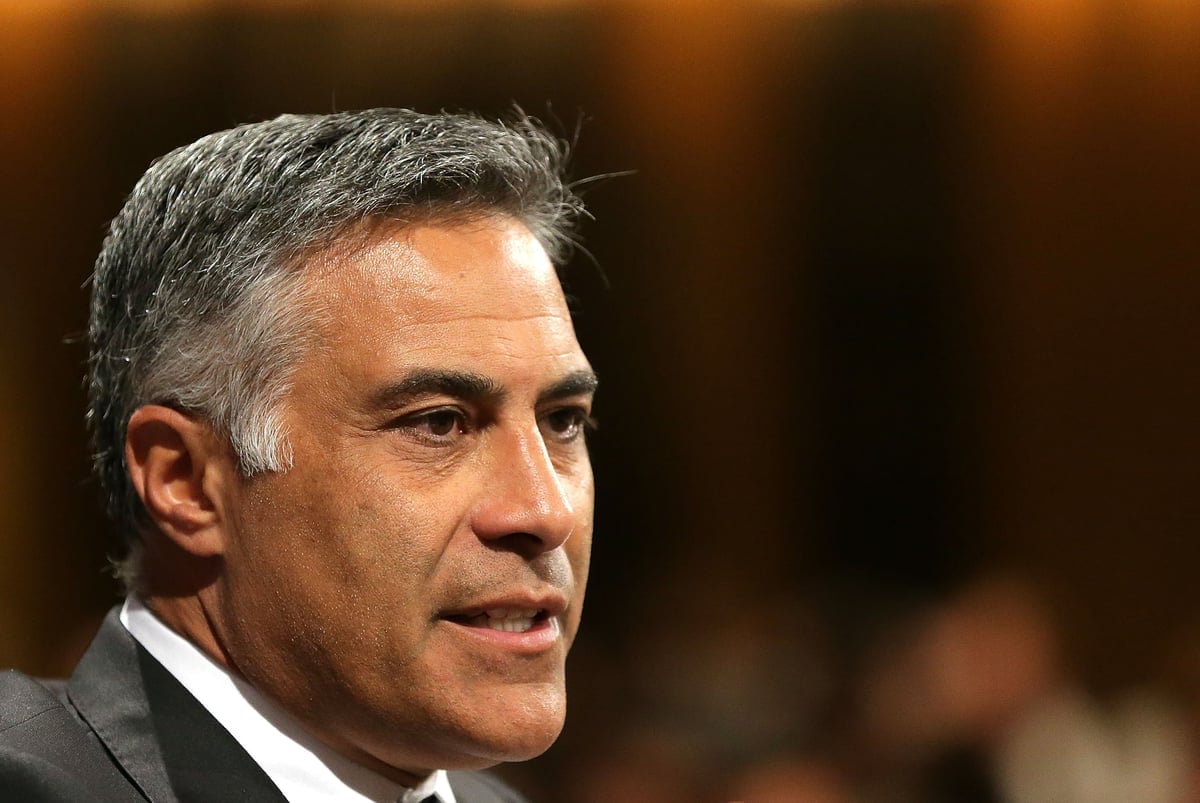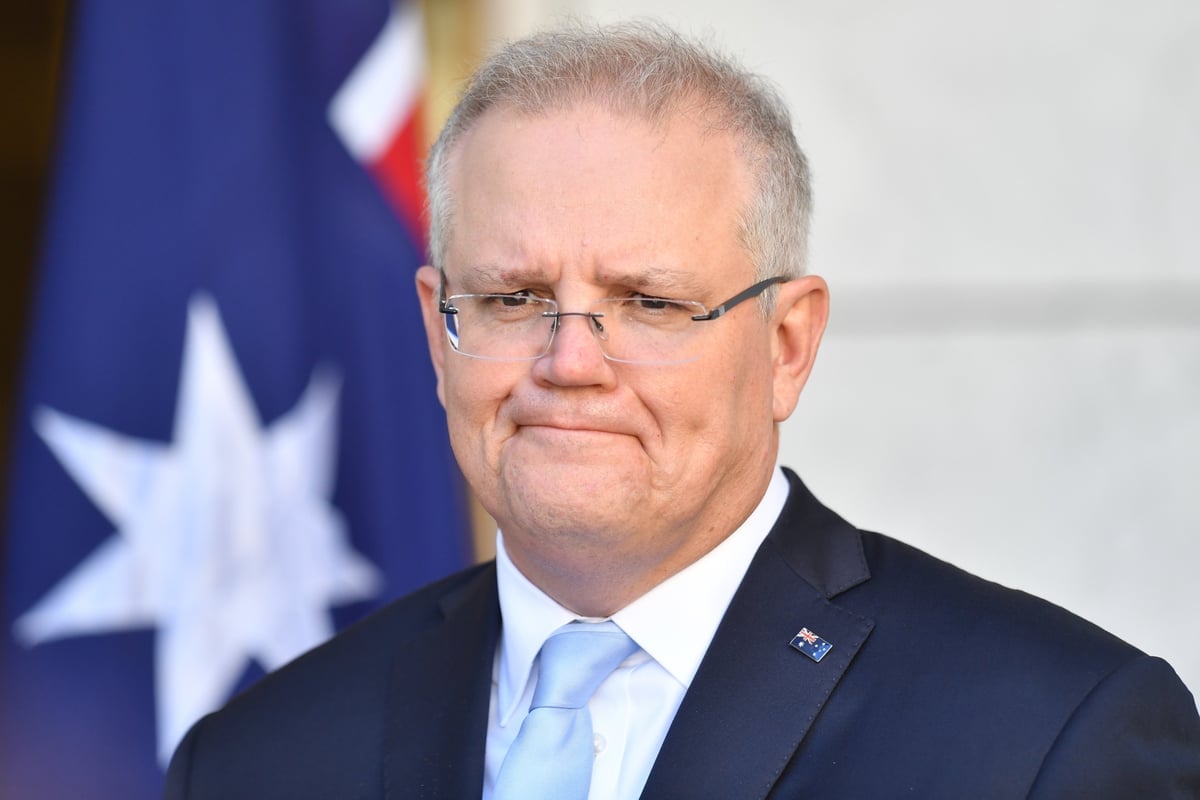
After three years as CEO of Australia Post, Christine Holgate has announced her resignation this week, effective immediately.
Her company has been interrogated over the past few weeks, as news broke that Holgate had spent $20,000 on four Cartier watches for her senior staff.
The prime minister called the gifts "appalling," an investigation into Australia Post's reward culture was promptly announced, and Holgate stepped aside as her name made headlines in every major masthead in the country, usually with the words 'embattled' or 'under fire' next to it.
But this narrative about CEO spending and Australia Post isn't new. What is new, is how Holgate's alleged mismanagement of funds is being treated by not just the prime minister and his government, but by the press.
WATCH: Women In Media Australia co-chair breaks down the 'controversy' on Sunrise.
In 2017, then Australia Post CEO Ahmed Fahour announced his resignation from the job after ongoing political and community uproar about the size of his pay packet. A remuneration report had confirmed Fahour had been paid $6.8 million in the 2017 financial year, sweetened by an additional $4 million in long-term incentives awarded from 2015 and 2016. The figure equated to ten times that of the prime ministers' take home pay.




Top Comments